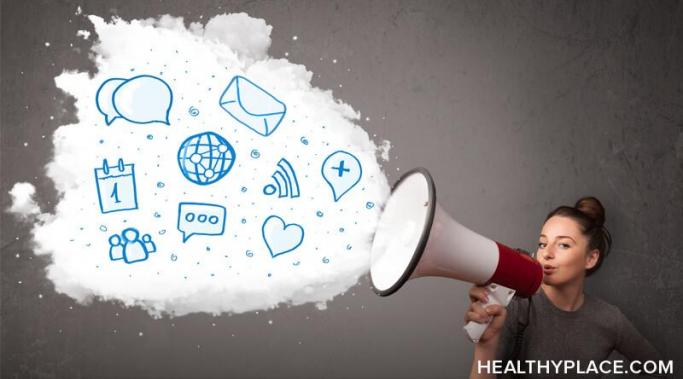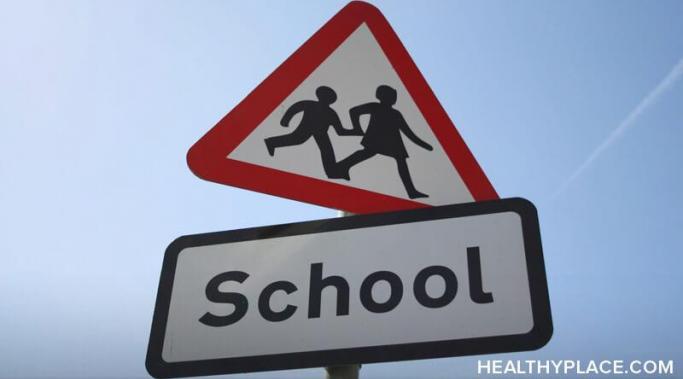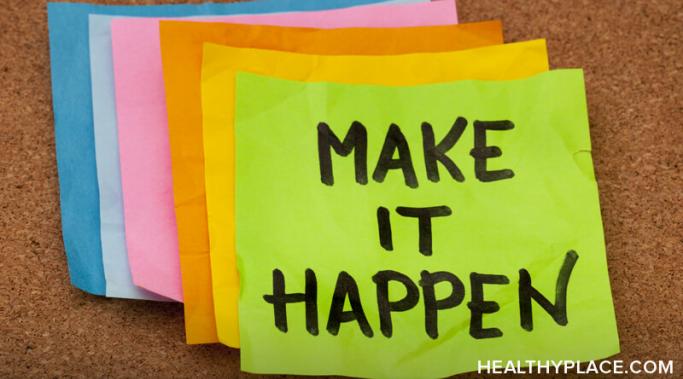The iceberg theory is a frequently cited model of behavior which states that a person's behavior can only be properly understood in the context of the factors that caused it. What a person does is "the tip of the iceberg"-- what we don't see are the emotional, social, cultural, and other factors that lie beneath the surface and cause that behavior.
Coping with Depression
Parenting is always a divisive topic. Every generation thinks it has found the trick to child-rearing, and every new parent vows to avoid the mistakes their own parents made in raising them. Attitudes towards discipline, attachment, nutrition, education, and play are constantly evolving, but one thing that never seems to change is the idea that crying is a bad thing and that the goal when a child cries is to get them to stop at any cost. This attitudinal hangover from the days when children were to be seen but not heard is incredibly worrying and something we should resist as parents in order to safeguard our children's mental wellbeing.
Is social media making your postpartum depression worse? Consider this scene.
I missed my last scheduled blog post due to illness, but in truth, I was relieved because aside from the gastric flu wreaking havoc with my digestive system, I didn't have anything to talk about. I was (and am) doing well. When I sat down to write this week's piece, I had a similar bittersweet realization. This blog is "Coping with Depression," but at the moment, I don't feel as though I am "coping" with anything in particular. I am, for all intents and purposes, recovered from depression. Does that mean I should give up writing this blog? I think not.
It's one thing to have postpartum depression (PPD), but discussing your PPD with others is a completely different beast. Should you tell them or not? How much should you share? What if they don't understand? What if they aren't supportive? Will they try to give you advice? There are a lot of questions to navigate as you decide if and when to talk about your postpartum depression with others.
Those empty "inspirational" quotes are a particular pet peeve of mine. Facebook and Instagram are littered with them, and the more of them I see, the more aggravated I get. It's not just that the same ones seem to do the virtual rounds every few months ("Live, Laugh, Love" anyone?), it's that they have become so ubiquitous that they feel insincere.
How do you know if it's the "baby blues" or postpartum depression? Learn how to tell the difference and what to do if you think it is postpartum depression.
We all want to feel like we are contributing to the world, but as the world grows more competitive, it can be hard to feel that we are doing "enough"— as employees, partners, parents, or just as members of society. This has resulted in a culture of "competitive tiredness," in which we measure our worth according to how exhausted we are and seek recognition of that exhaustion from the people around us as proof that we are "doing enough." It causes friction in personal relationships and is terrible for our mental health. So why have we become so invested in the idea that to be fulfilled, you also have to be knackered?
Childhood bullying caused me to have a fairly miserable time at school. I was bookish, physically inept and socially awkward. Add to that the headgear and a built-up shoe, and you had a sight that would make any school bully drool.
I have an idea for a children's book, but anxiety-induced procrastination is in the way. I've been saying for years that I want to write a book, and last week inspiration struck. I am telling you this because I know that if I don't, the idea will remain just that: an idea. And I will continue to be what I've been for years: someone who says they want to write a book, writes a few chapters, then leaves them to gather dust in a long-forgotten folder on a laptop. I am a pathological procrastinator, but I believe I have found a way to tackle my anxiety-induced procrastination and share it here in the hopes that it will help you, too.









